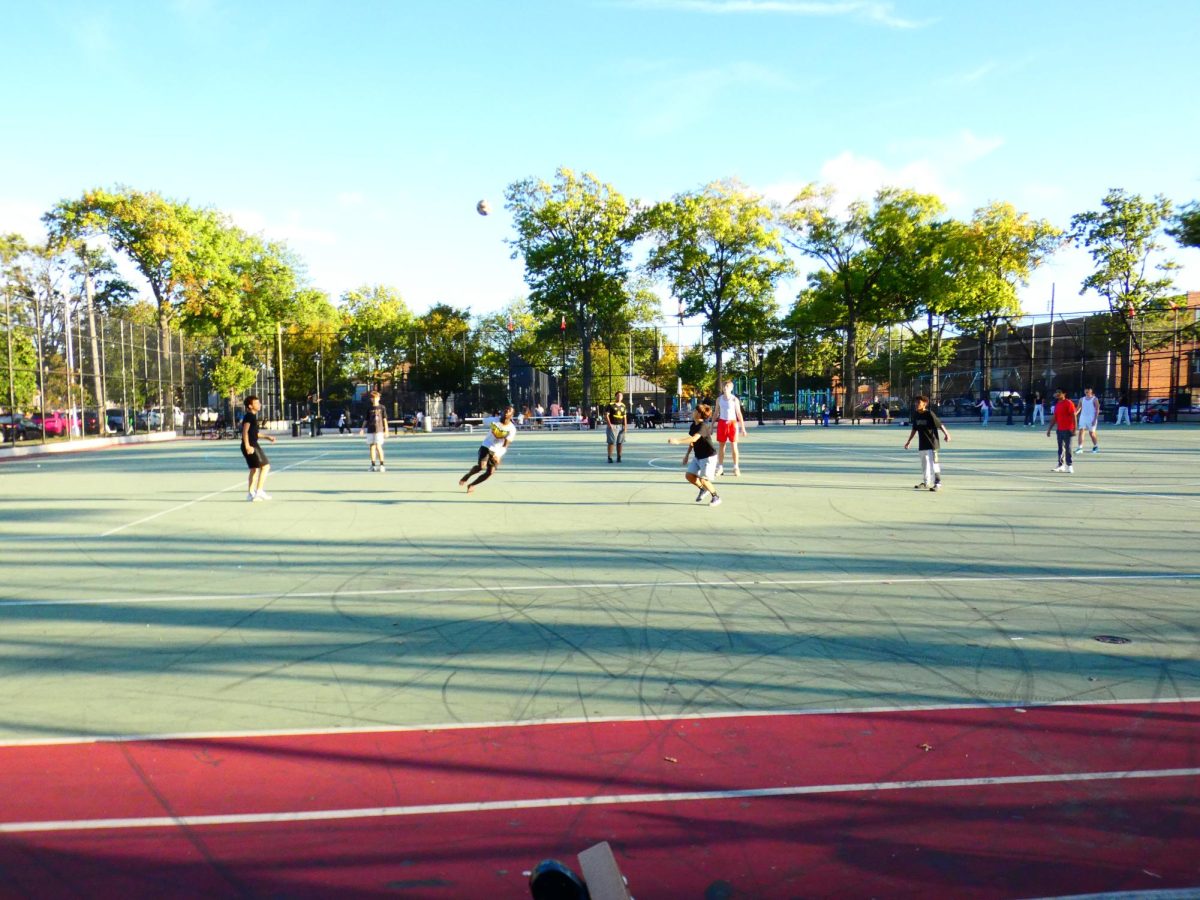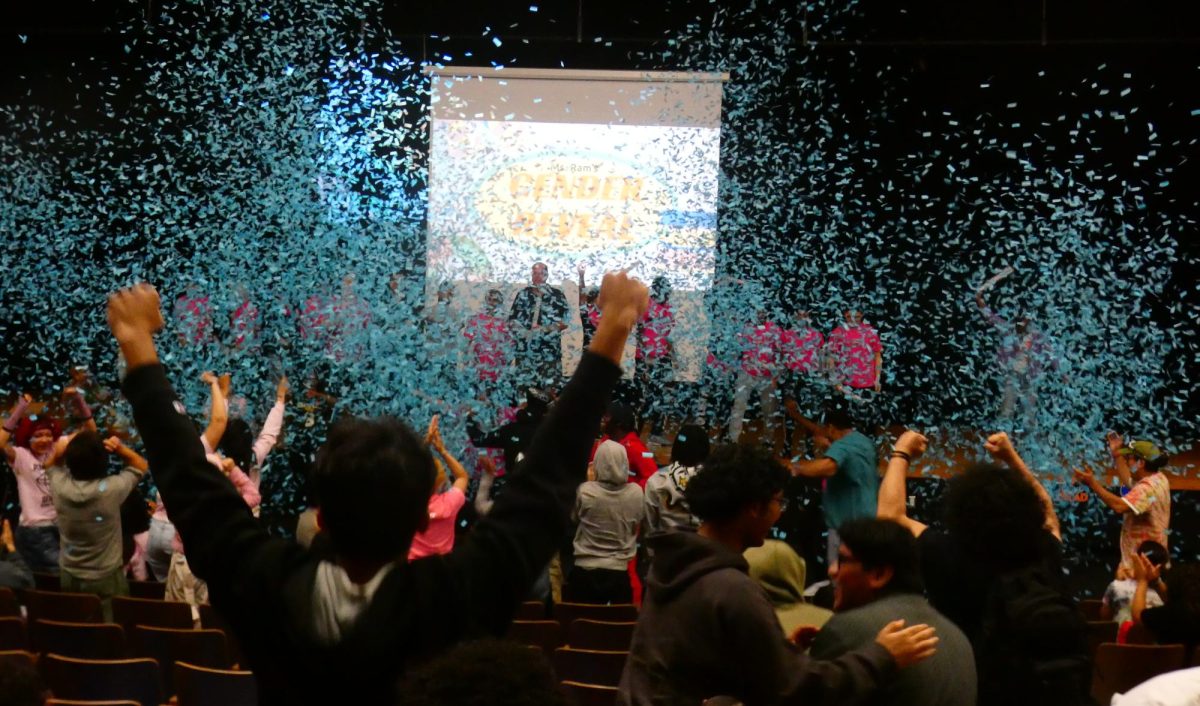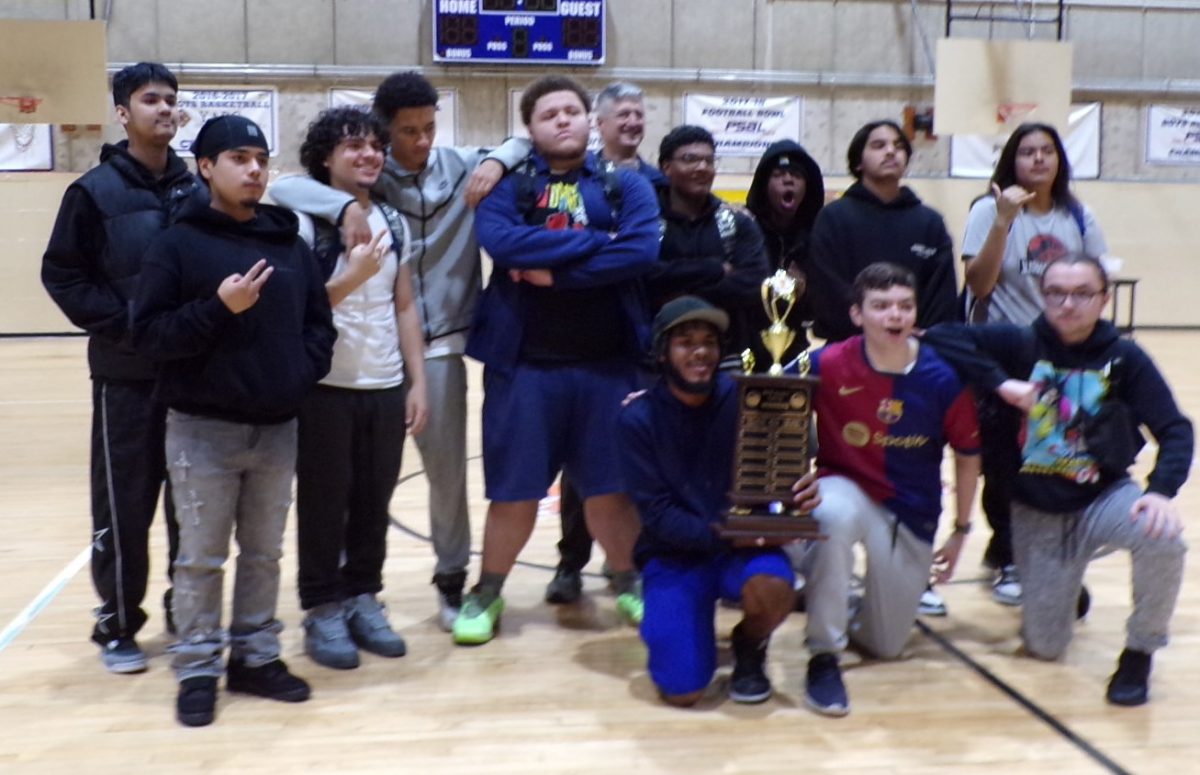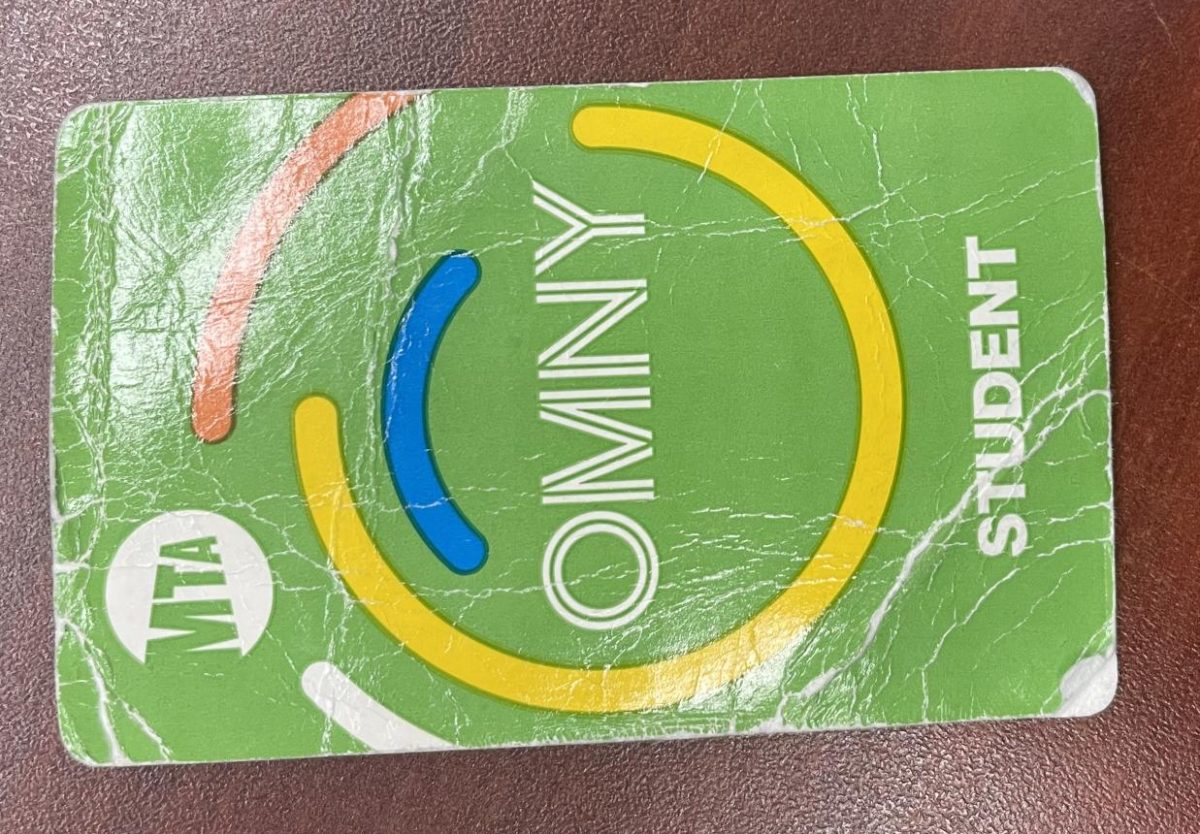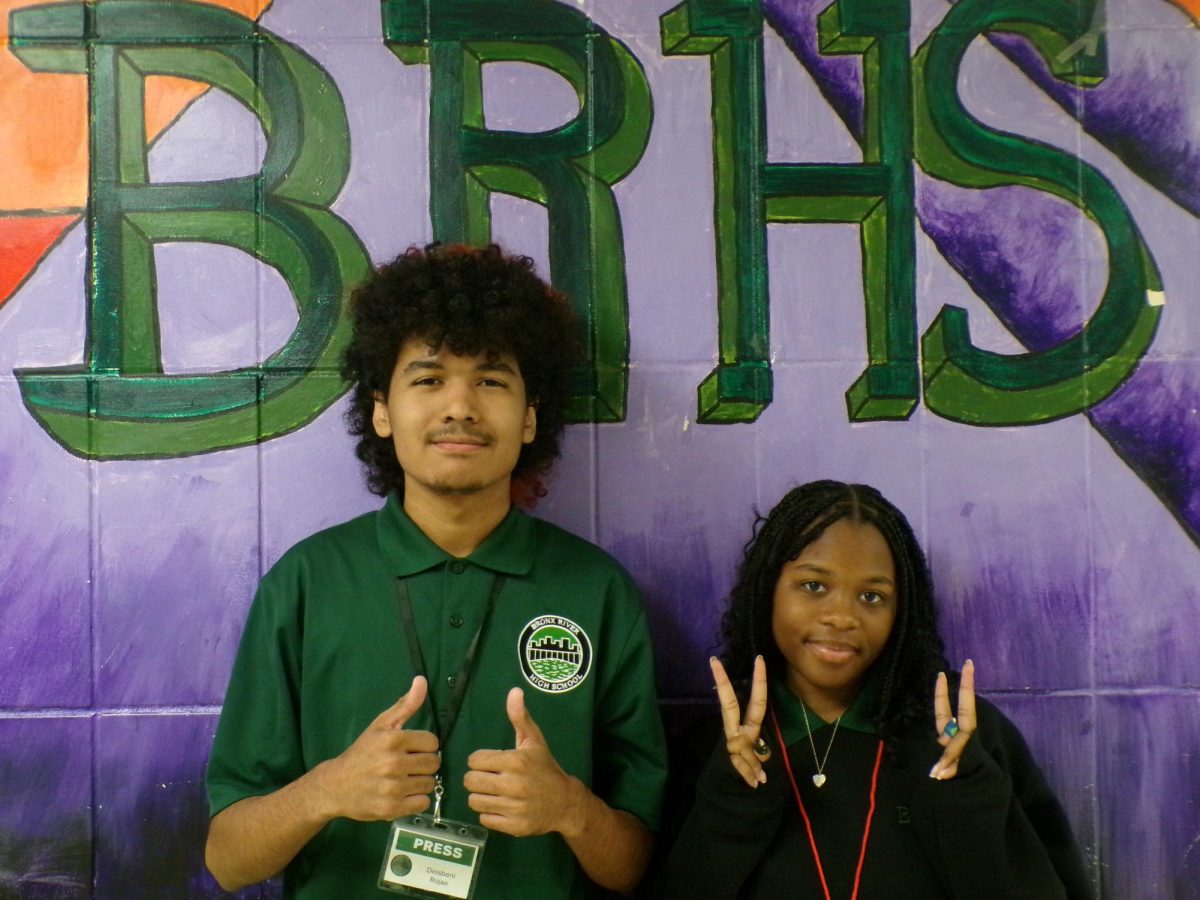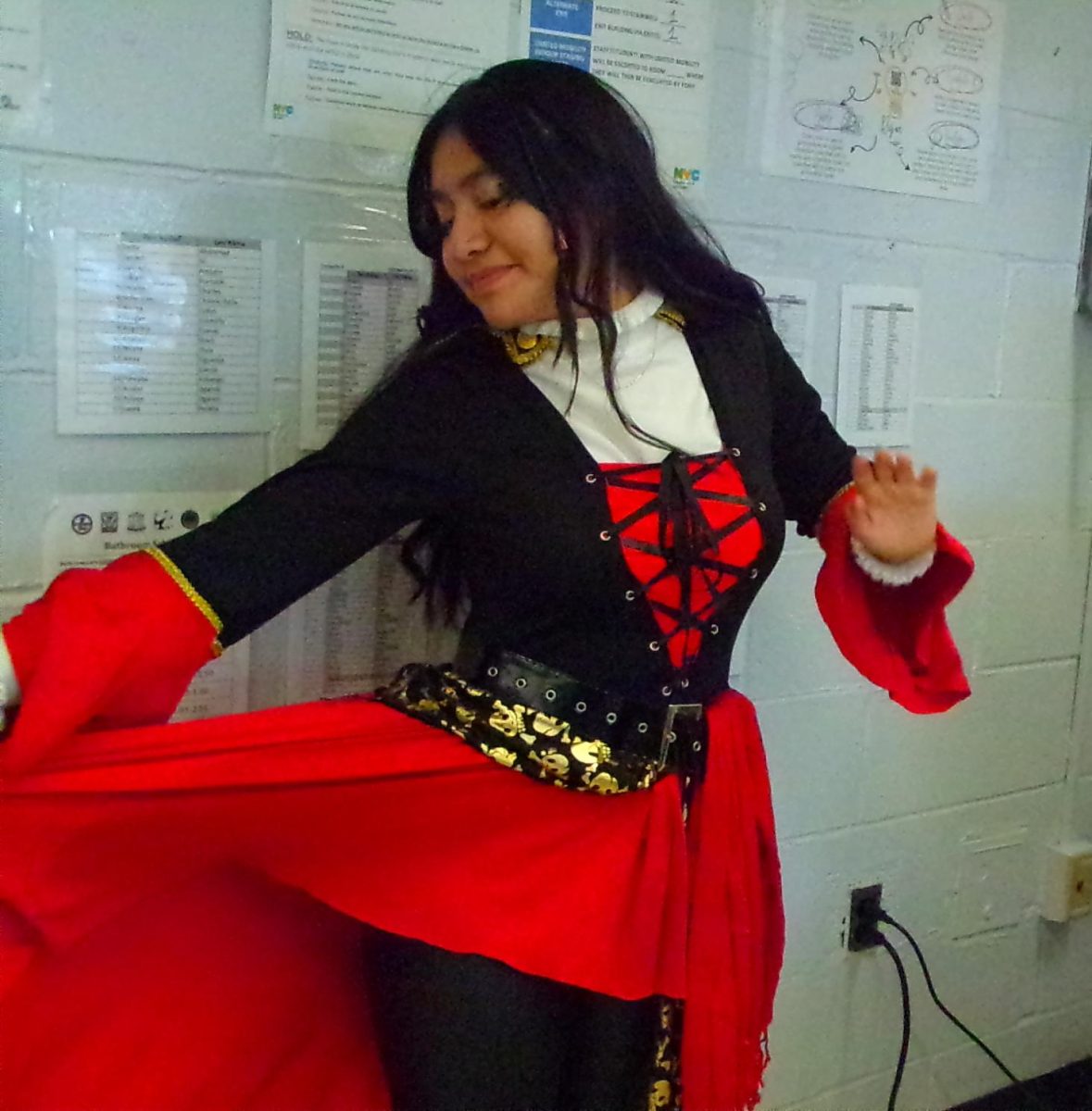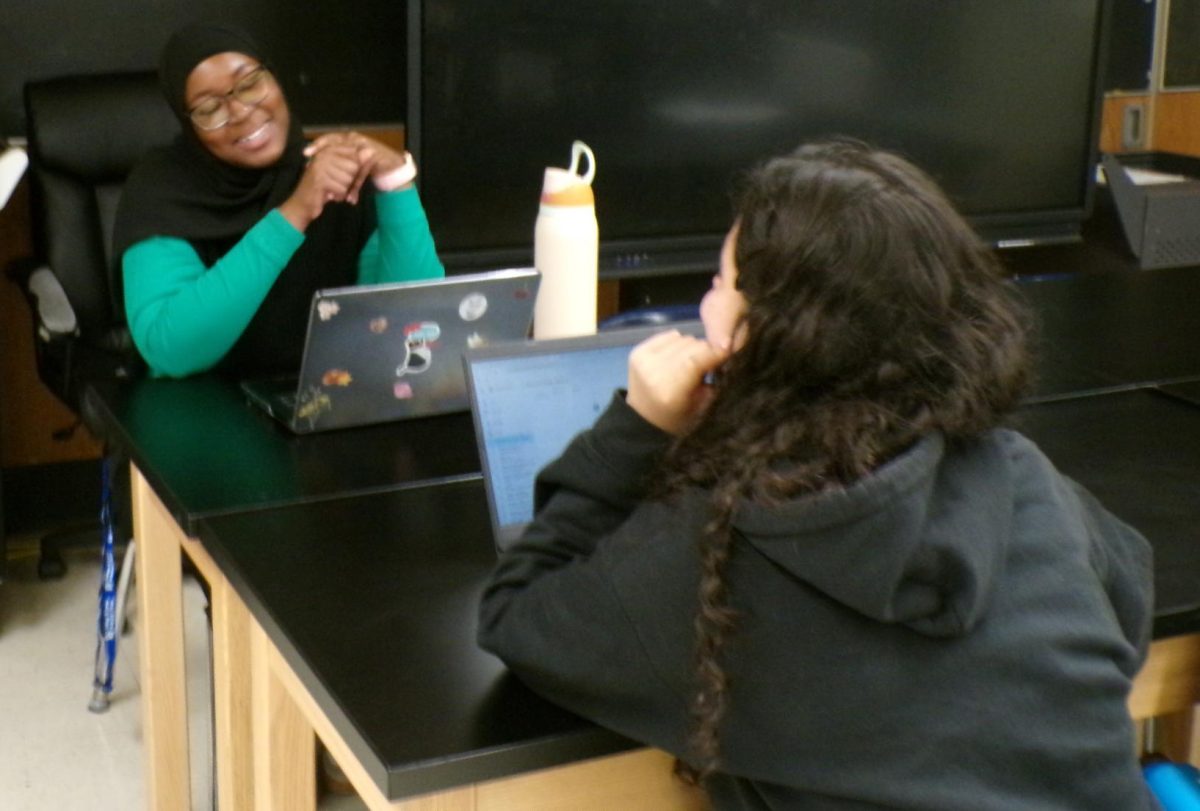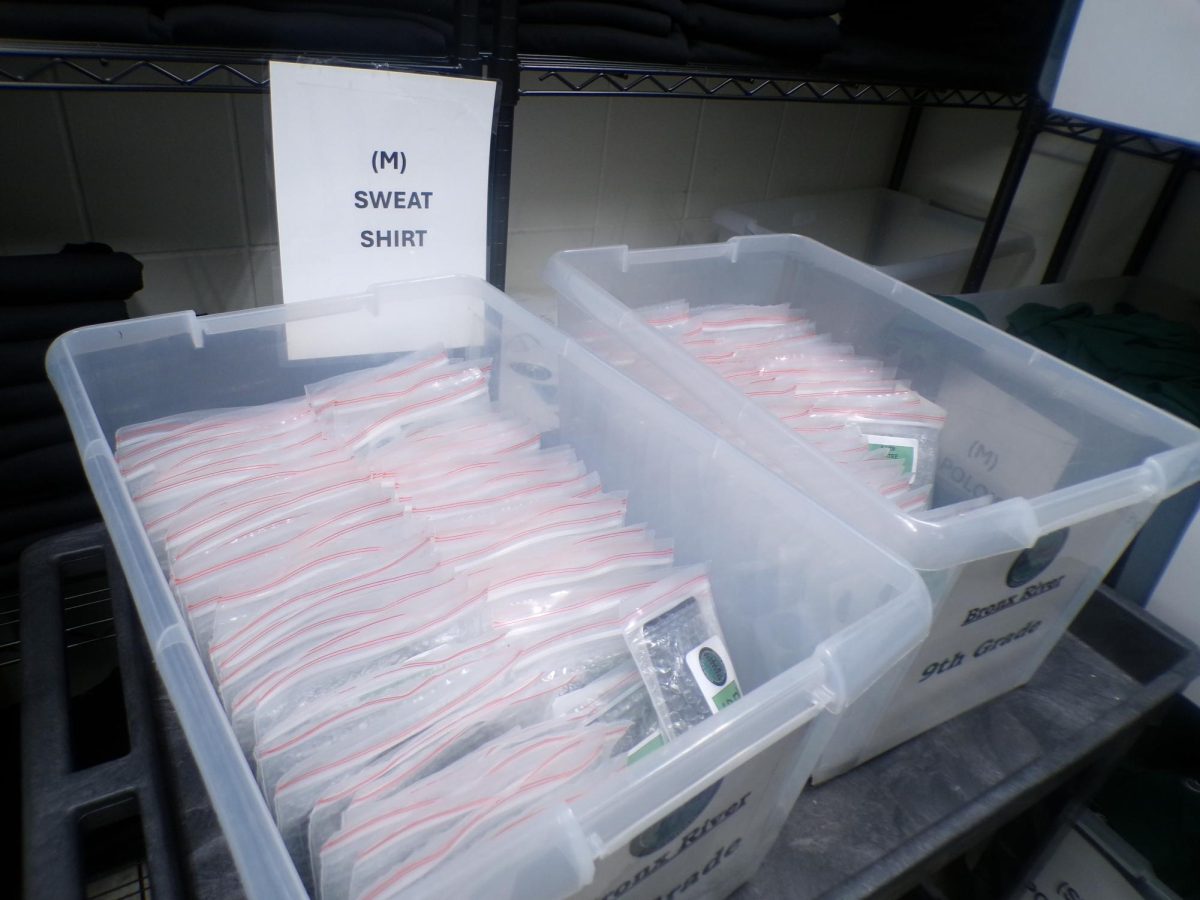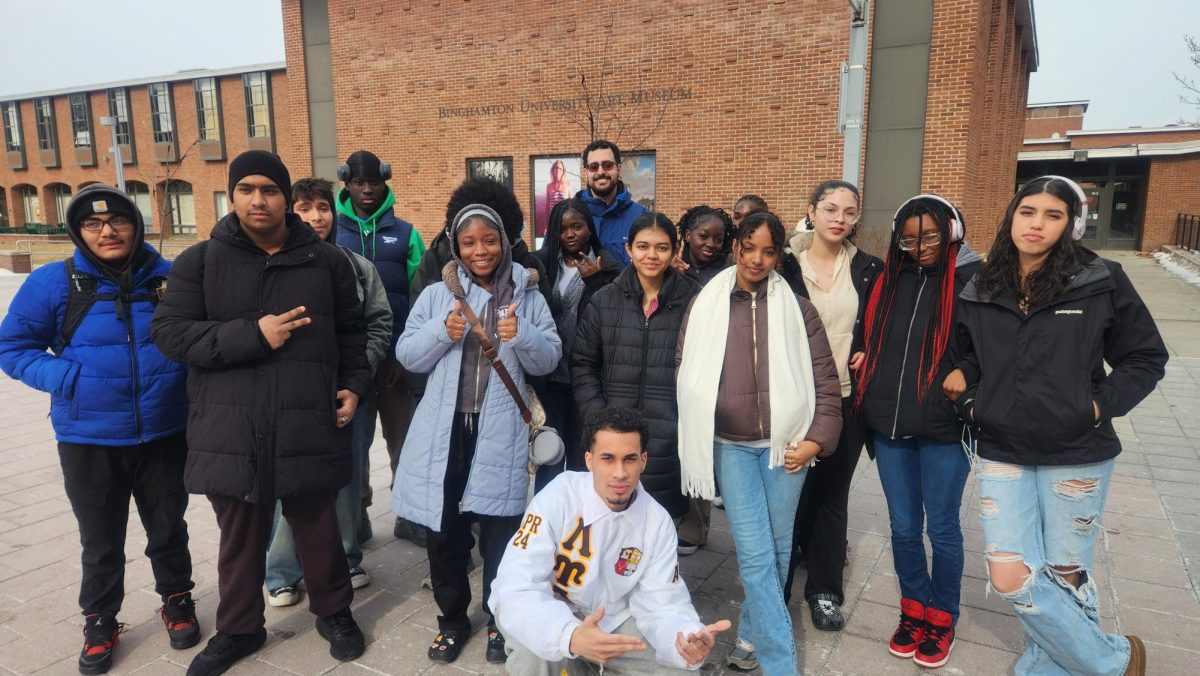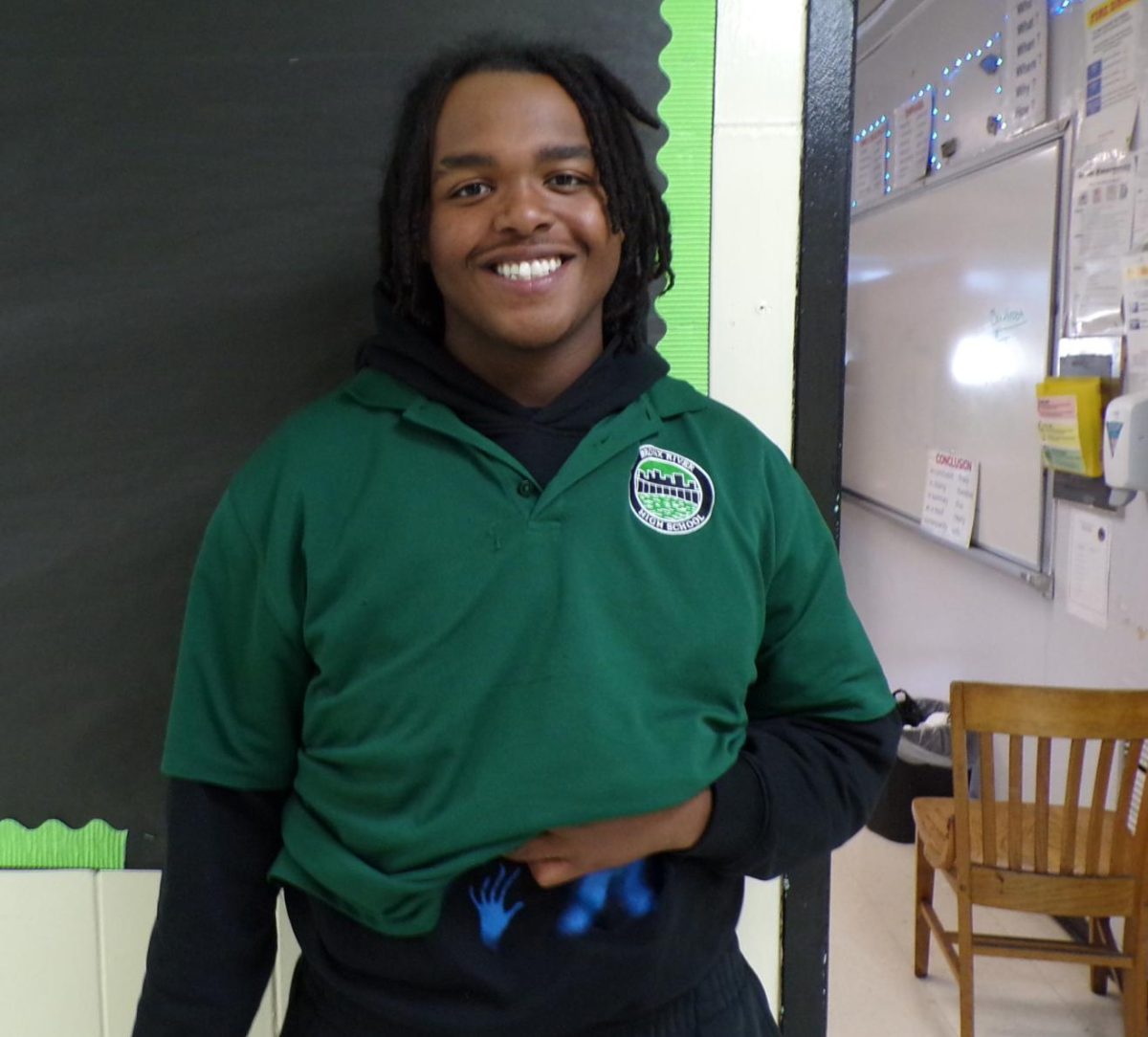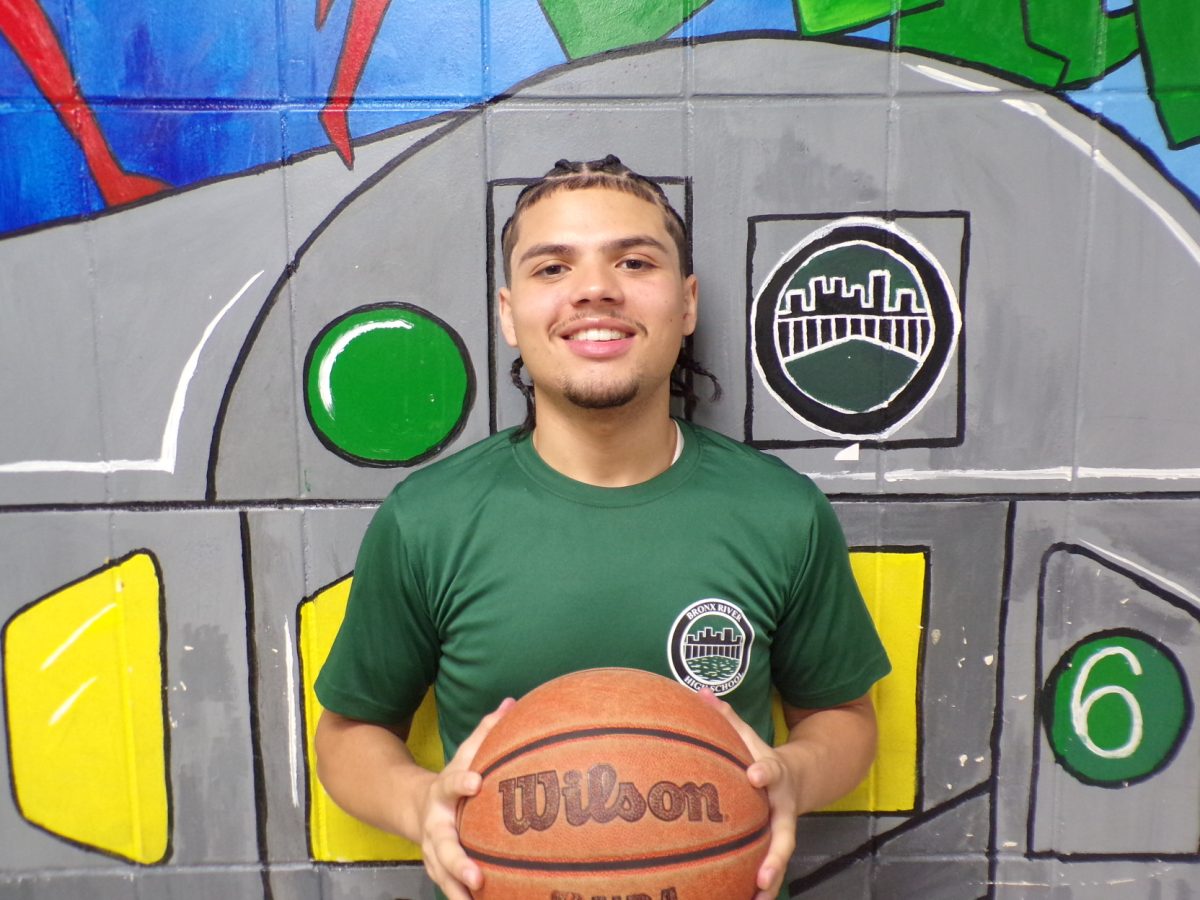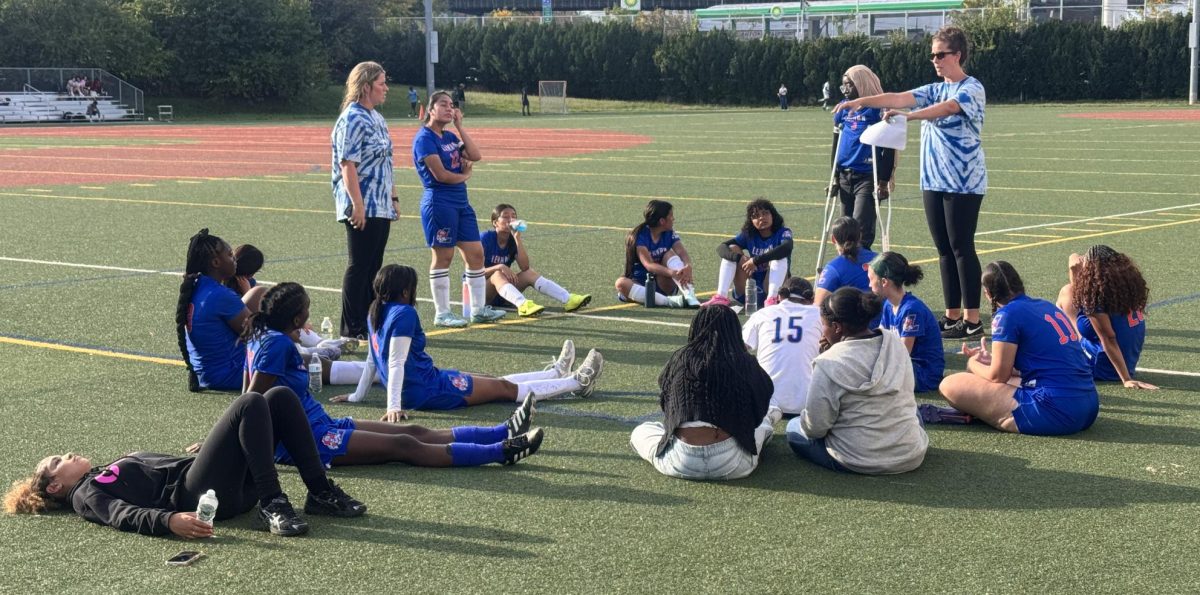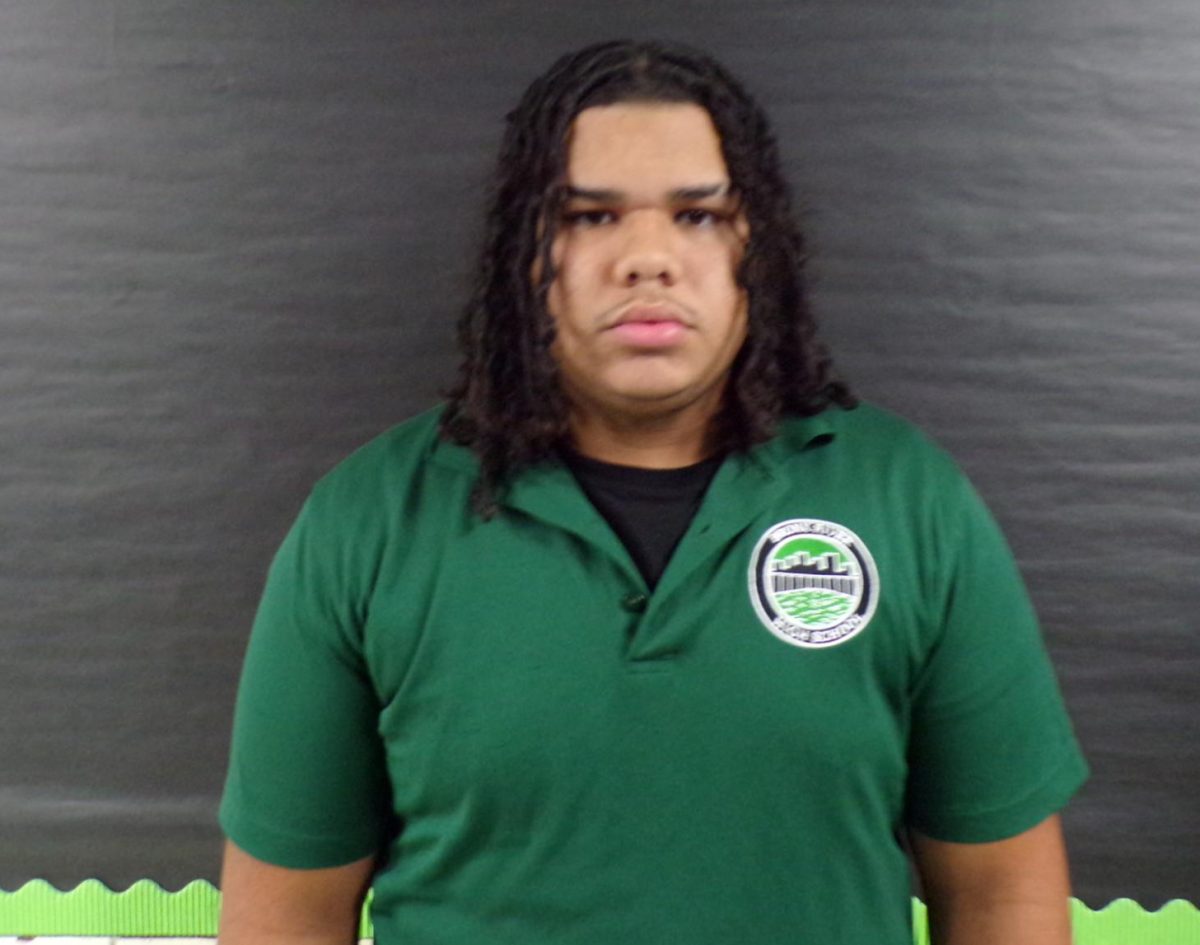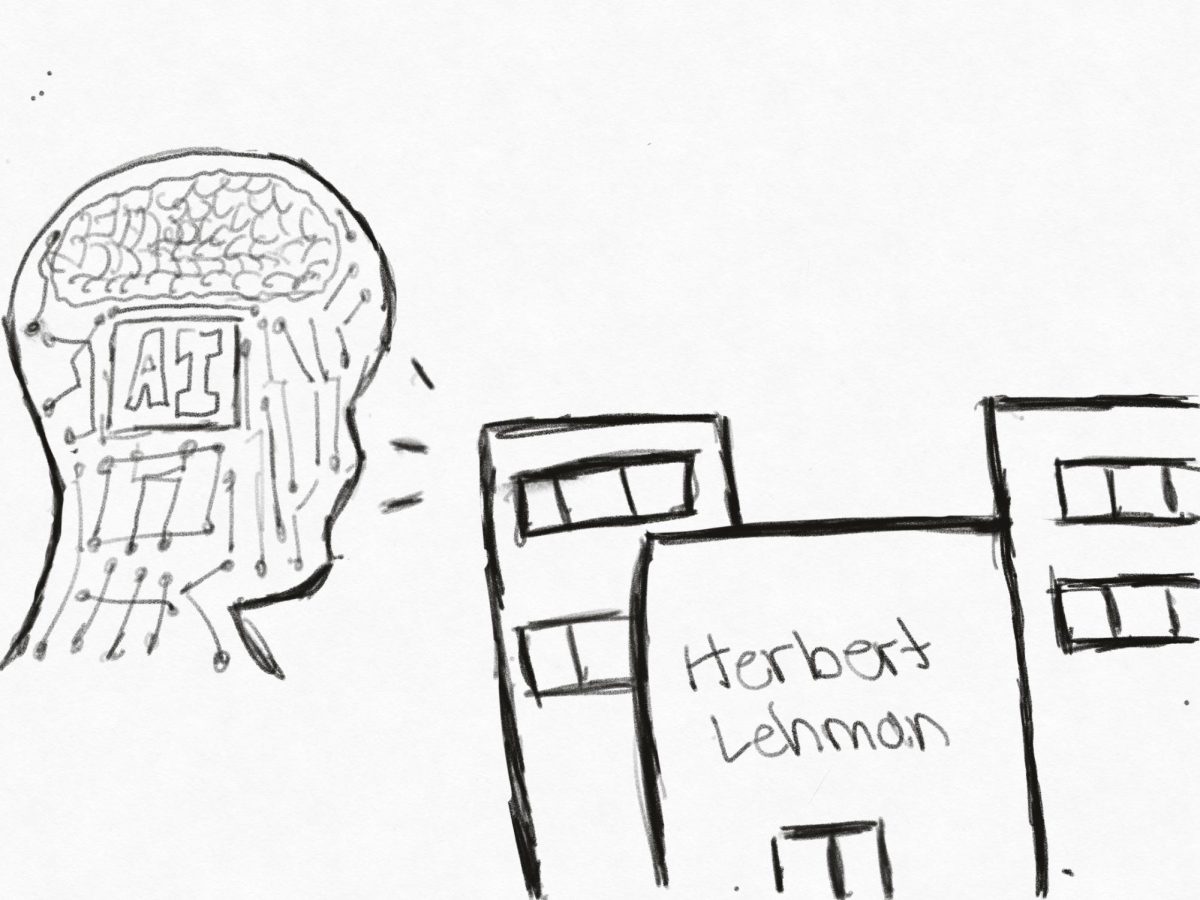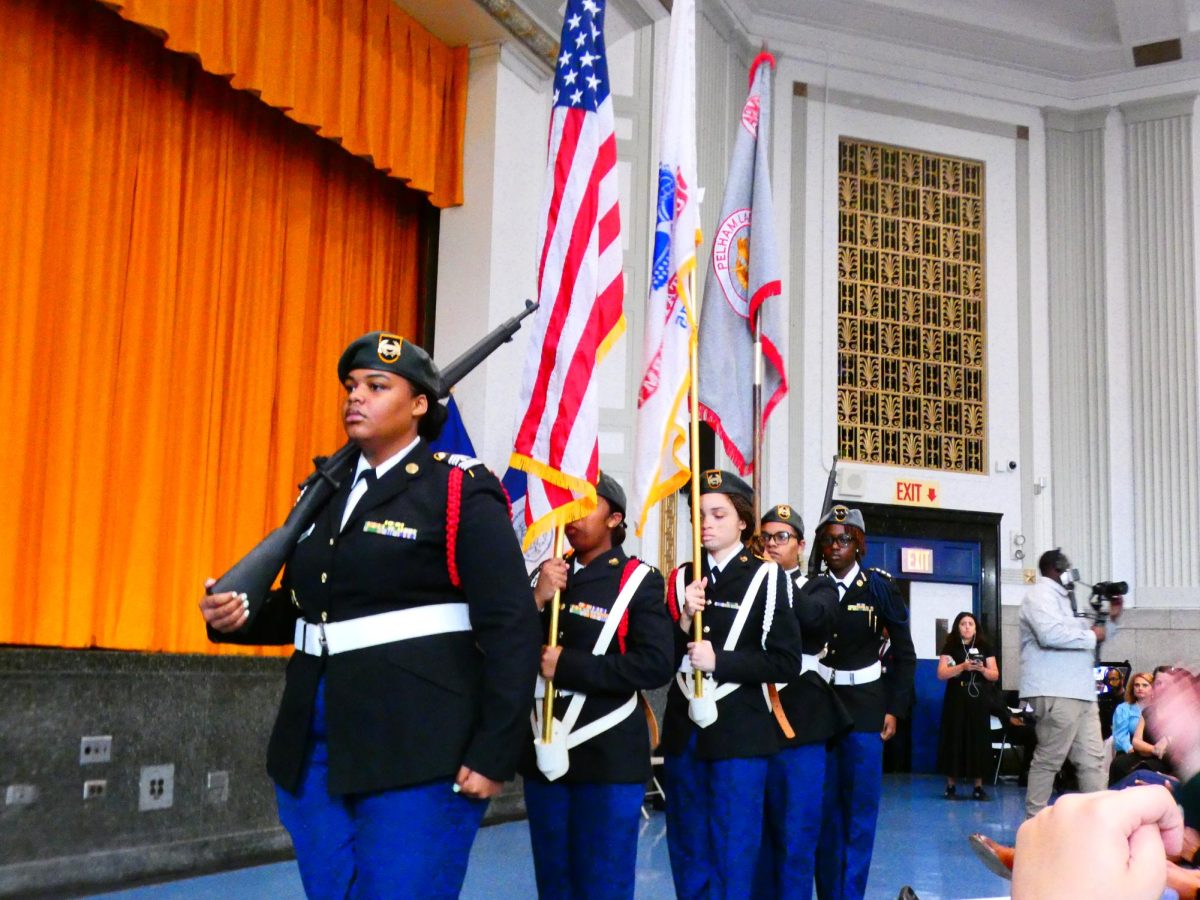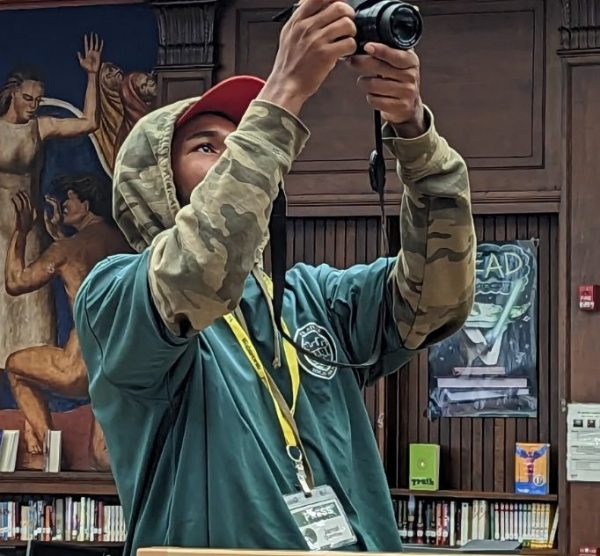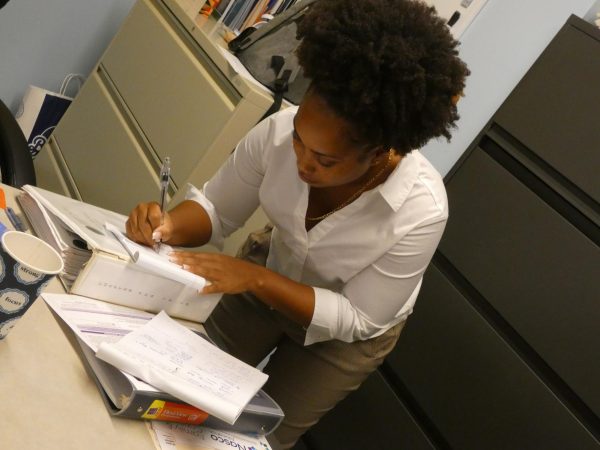
Artificial intelligence is rapidly changing how we do things, from homework to coming up with a recipe for a new meal. And AI can do it all in a matter of seconds. But the rise of AI has sparked debate about its impact on how students learn.
Depending on how AI is used, it can help or hurt student learning. For example, Bronx River students writing for this newspaper on the Lehman Campus are now encouraged to use “Murrow,” an AI bot that provides editing feedback before stories are submitted to an in-person editor.
Unlike some bots, Murrow doesn’t actually write stories for students; instead, it helps then come up with possible questions to ask. When the story is written, students can submit their stories and receive specific feedback on organization, grammar, style and other topics.
Inspired by Edward R. Murrow, the broadcast journalist who advocated for truth during the McCarthy era, the free chat bot was developed by the Journalistic Learning Initiative, a nonprofit focused on student voice, and Playlab.ai, an open-source AI platform.
Ellen Austin, an AI expert who helped create the Murrow bot, says AI can either be “really beneficial, or extremely detrimental.”
“Almost all of my students use AI in some sort of way,” said Austin, an instructor at Kent State University College in Ohio. “When AI provides students access to information, it can be helpful, she said. “When it is used as a shortcut,” she says it can get in the way of “people’s innovation and creativity.”
Concepcion Pena, an 11th grade English teacher, no longer lets students finish essays at home to prevent students from using AI to write their essays.
“One of the biggest permanent effects of AI is that it will lead to students not trying to build on their knowledge when they become adults, since everything will be instantaneous to them,” Ms. Pena said.
Pena fears AI will hurt students when they take the Regents exams, including the English Regents which is required for graduation in New York and includes an essay requirement.
“Not only will they receive no help during the Regents,” she said, ” but there definitely won’t be anyone to write it for them.”
Dan Herguth, a ninth grade English teacher, has mixed feelings about AI. “I don’t see artificial intelligence affecting school work so far, and I don’t have a problem with it,’’ he said. “My only issue is if they are using ChatGPT in place of thinking their answers and passing it as their own.”
He does, however, see benefits in his own work. “AI could potentially help me create curriculum and teach students.”
Vincenzo DeAngelis, a senior, said there are different types of AI that serve different purposes. “Dumb AI” knows less than what it’s supposed to know, and “Smart AI” knows more than it’s supposed to know, ” he said. “AI isn’t the best option. It’s useful for some chores like tedious tasks, yet it shouldn’t be given too much power. Doing so will make it turn on people, as it would have too much intelligence, making it a danger to humanity.”
Another senior, Brandon Burgos, likes AI because it provides assistance with basic things. “I understand that AI can be used for cheating,” he said, ” but I think it can be beneficial for education with things like research and spreading information. I can also understand why it would make students less responsible and more dependent on technology.”
However, senior Marisa Rana opposes AI. “It’s bad because AI will replace people with robots, so many people will lose jobs,” she said. “People will become too reliant on technology as well, and won’t think on their own. In education, students are more likely to cheat.”
Assistant principal Starr Giscombe views AI as a double-edged sword. “It is very useful for getting rid of simple tasks,” she said. “However, it’s bad when you’re in a setting where people are learning how to do new things.’’
Principal Greg Fucheck said the main thing he knows about A.I. is that ChatGPT can help students write essays, which he described as a disservice because students should be doing essays on their own.
“AI is harmful because I think it’s important to go through the process of writing and formulating thoughts on paper with originality,” Mr. Fucheck said. “People who are successful can clearly articulate their visions and their wants to get other people to believe in that. Someone who uses AI to produce work will be ill-prepared to do anything on their own.’’
Cesar Jimenez contributed to this report.

